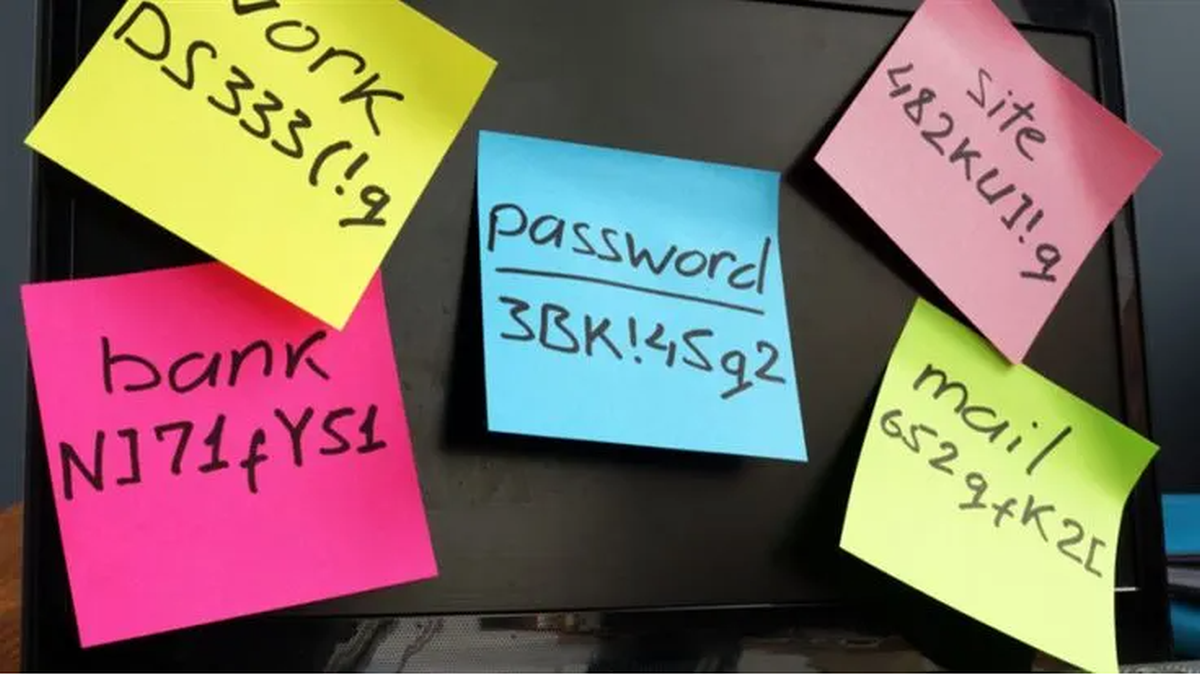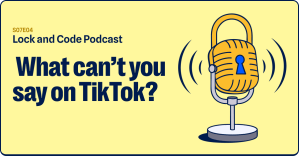This week on the Lock and Code podcast…
Few words apply as broadly to the public—yet mean as little—as “home network security.”
For many, a “home network” is an amorphous thing. It exists somewhere between a router, a modem, an outlet, and whatever cable it is that plugs into the wall. But the idea of a “home network” doesn’t need to intimidate, and securing that home network could be simpler than many folks realize.
For starters, a home network can be simply understood as a router—which is the device that provides access to the internet in a home—and the other devices that connect to that router. That includes obvious devices like phones, laptops, and tablets, and it includes “Internet of Things” devices, like a Ring doorbell, a Nest thermostat, and any Amazon Echo device that come pre-packaged with the company’s voice assistant, Alexa. There are also myriad “smart” devices to consider: smartwatches, smart speakers, smart light bulbs, don’t forget the smart fridges.
If it sounds like we’re describing a home network as nothing more than a “list,” that’s because a home network is pretty much just a list. But where securing that list becomes complicated is in all the updates, hardware issues, settings changes, and even scandals that relate to every single device on that list.
Routers, for instance, provide their own security, but over many years, they can lose the support of their manufacturers. IoT devices, depending on the brand, can be made from cheap parts with little concern for user security or privacy. And some devices have scandals plaguing their past—smart doorbells have been hacked and fitness trackers have revealed running routes to the public online.
This shouldn’t be cause for fear. Instead, it should help prove why home network security is so important.
Today, on the Lock and Code podcast with host David Ruiz, we’re speaking with cybersecurity and privacy advocate Carey Parker about securing your home network.
Author of the book Firewalls Don’t Stop Dragons and host to the podcast of the same name, Parker chronicled the typical home network security journey last year and distilled the long process into four simple categories: Scan, simplify, assess, remediate.
In joining the Lock and Code podcast yet again, Parker explains how everyone can begin their home network security path—where to start, what to prioritize, and the risks of putting this work off, while also emphasizing the importance of every home’s router:
Your router is kind of the threshold that protects all the devices inside your house. But, like a vampire, once you invite the vampire across the threshold, all the things inside the house are now up for grabs.
Carey Parker
Tune in today to listen to the full conversation.
Show notes and credits:
Intro Music: “Spellbound” by Kevin MacLeod (incompetech.com)
Licensed under Creative Commons: By Attribution 4.0 License
http://creativecommons.org/licenses/by/4.0/
Outro Music: “Good God” by Wowa (unminus.com)
Listen up—Malwarebytes doesn’t just talk cybersecurity, we provide it.
Protect yourself from online attacks that threaten your identity, your files, your system, and your financial well-being with our exclusive offer for Malwarebytes Premium for Lock and Code listeners.










